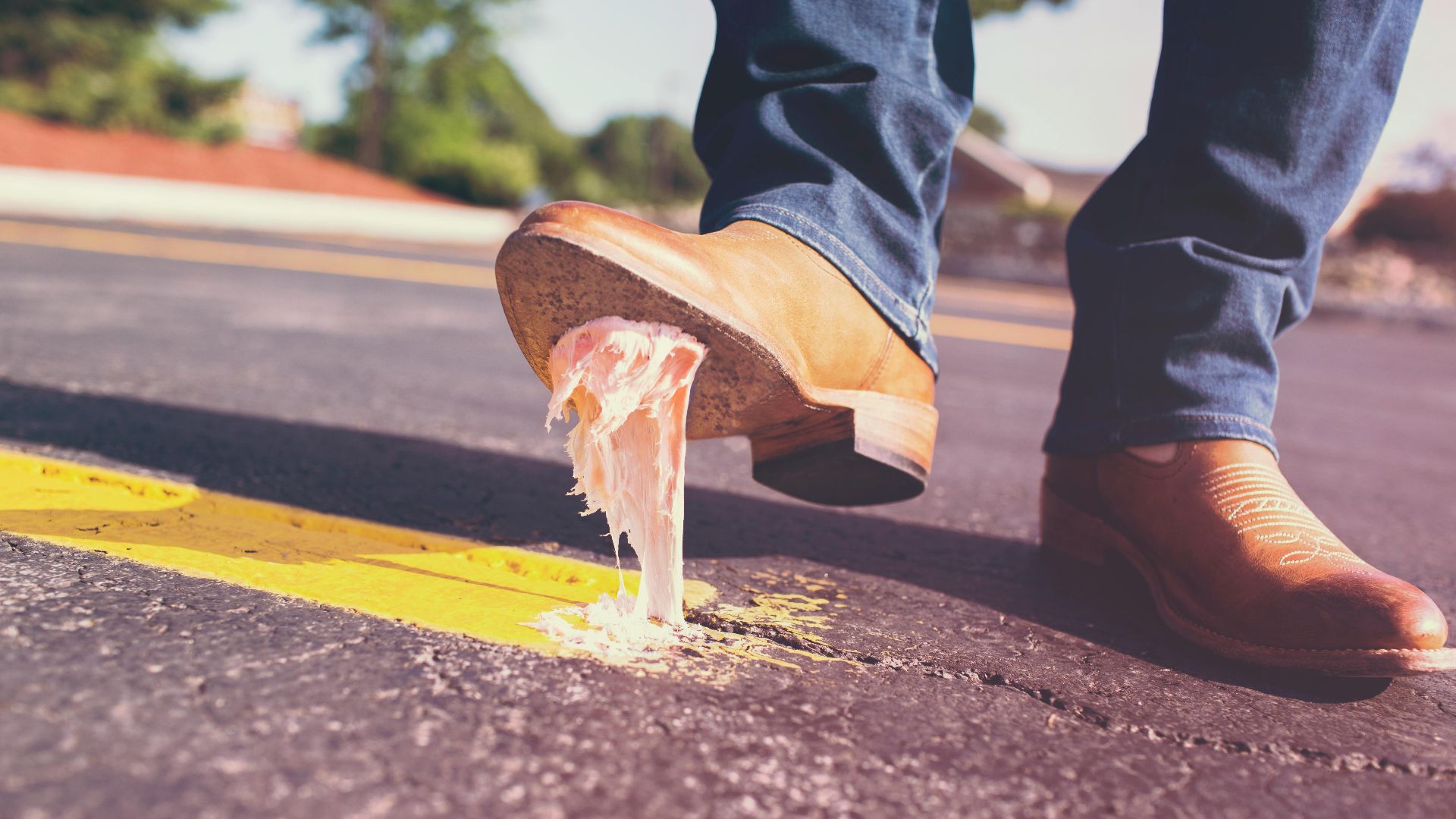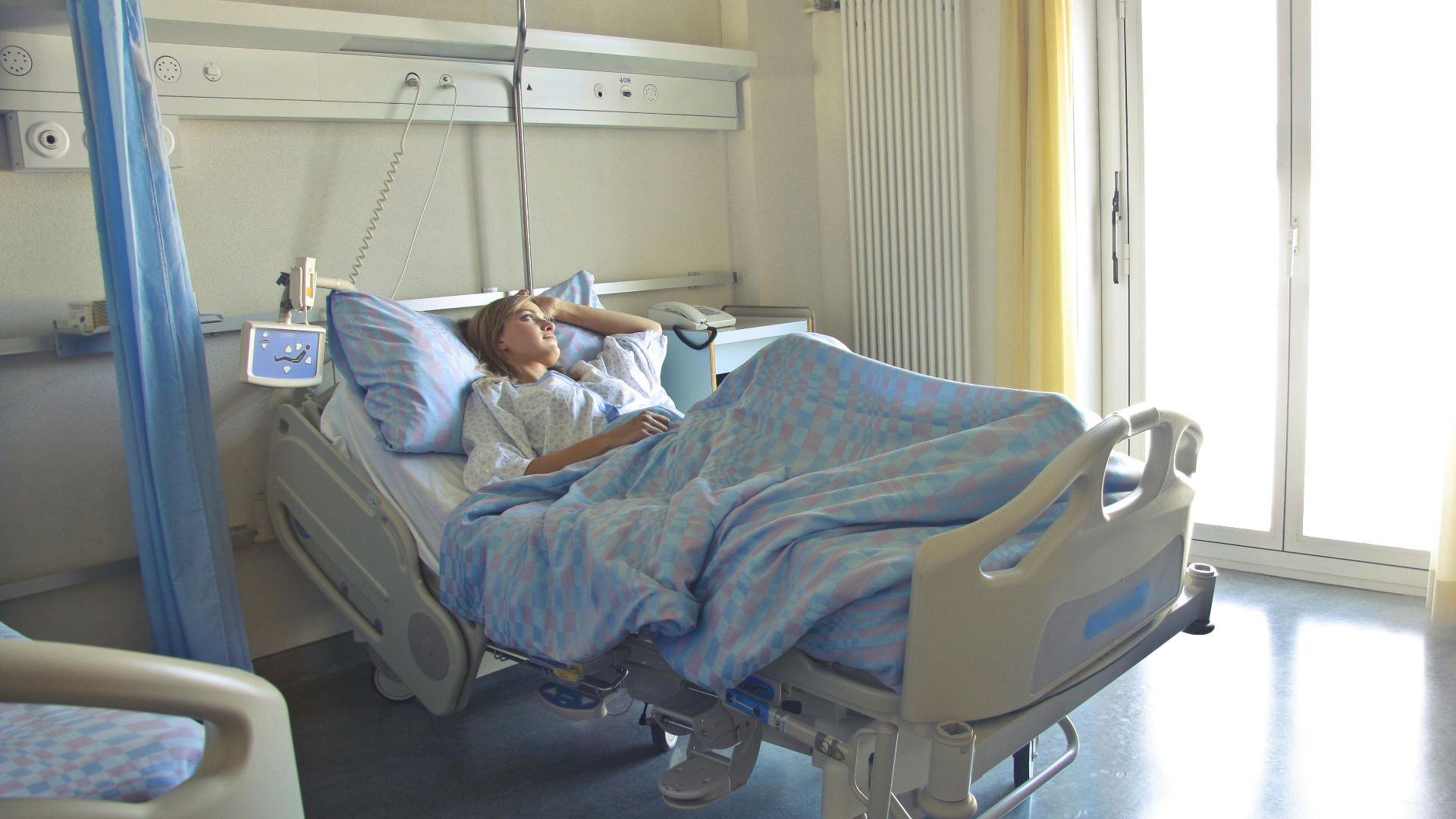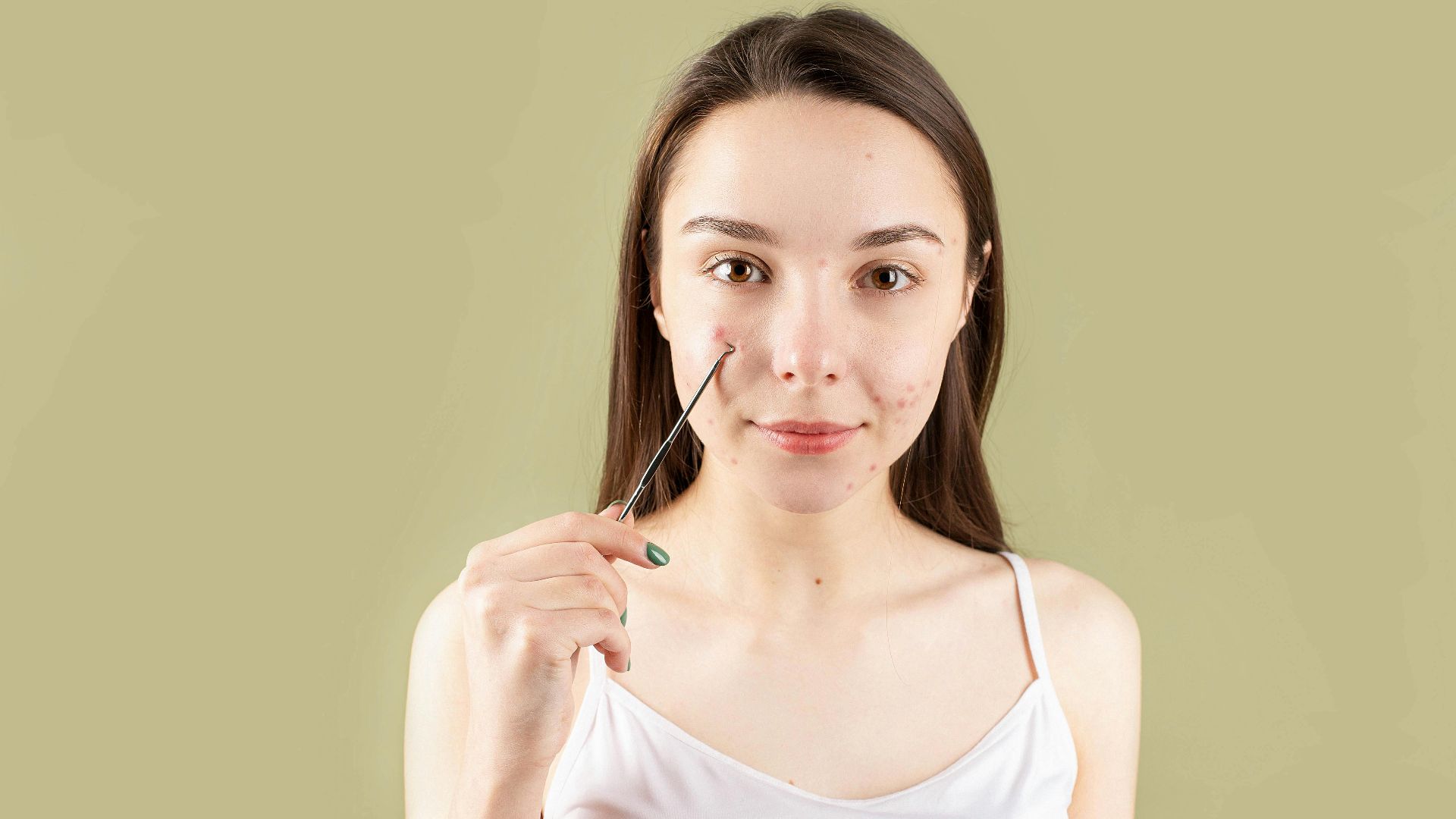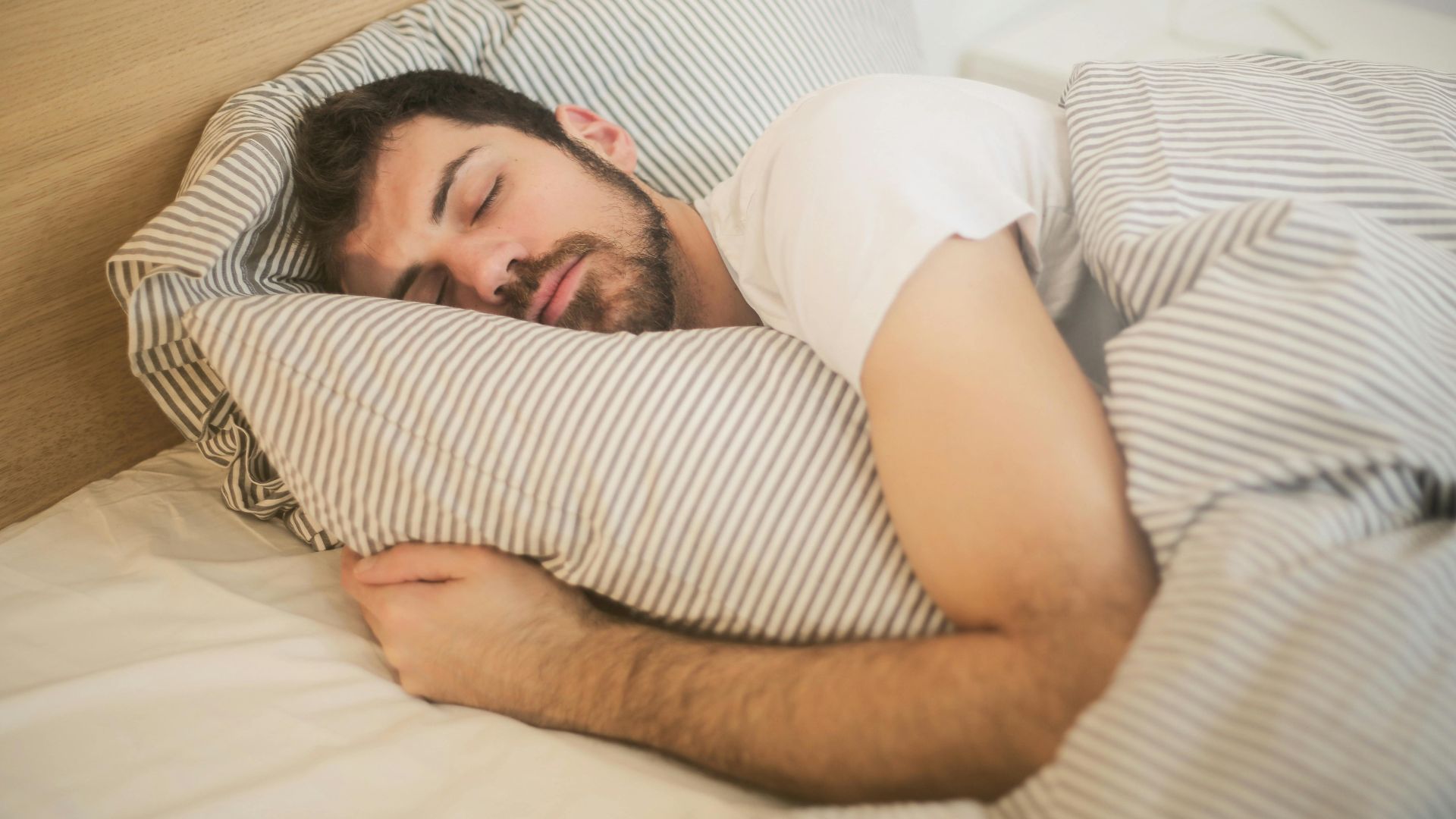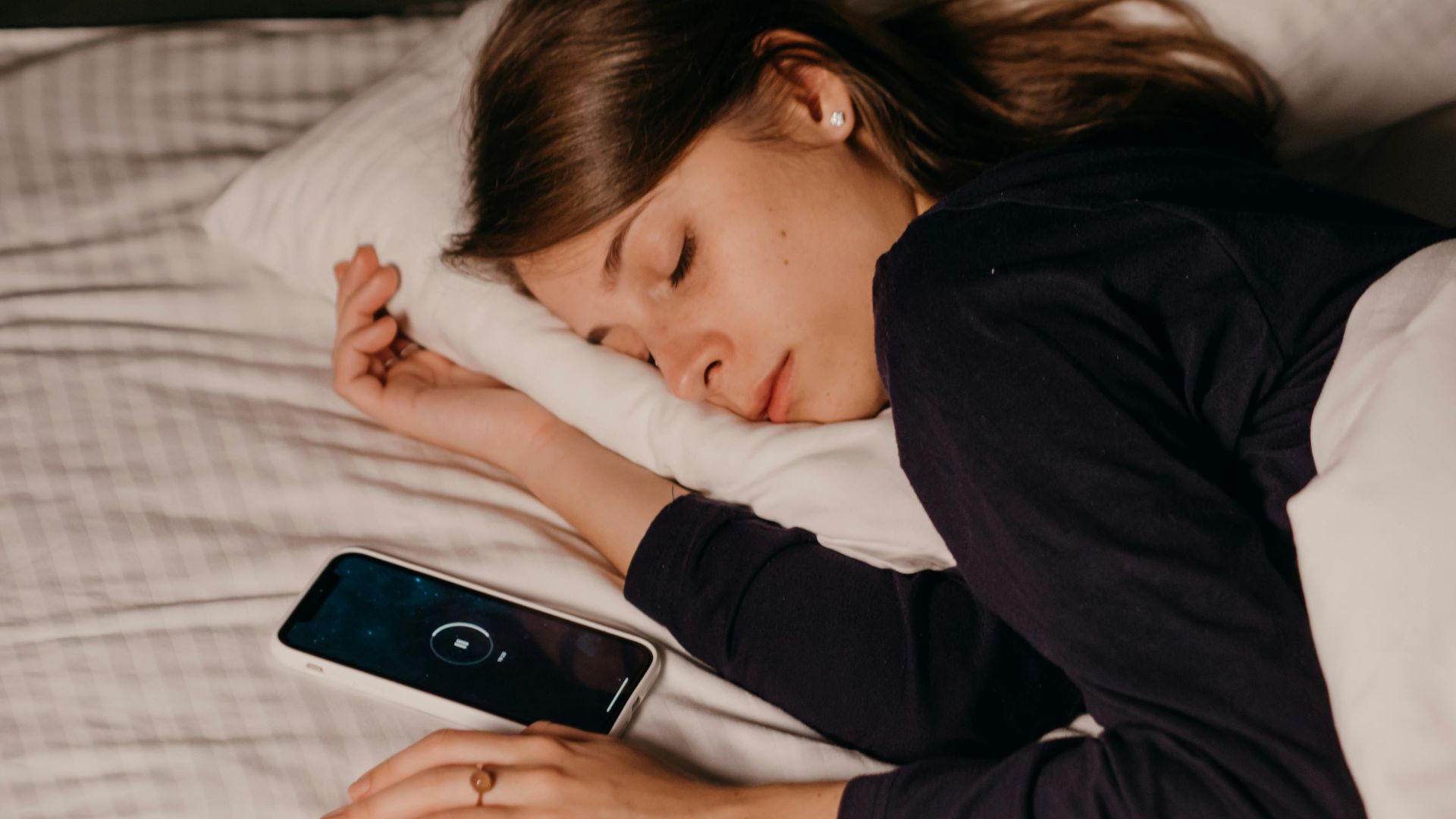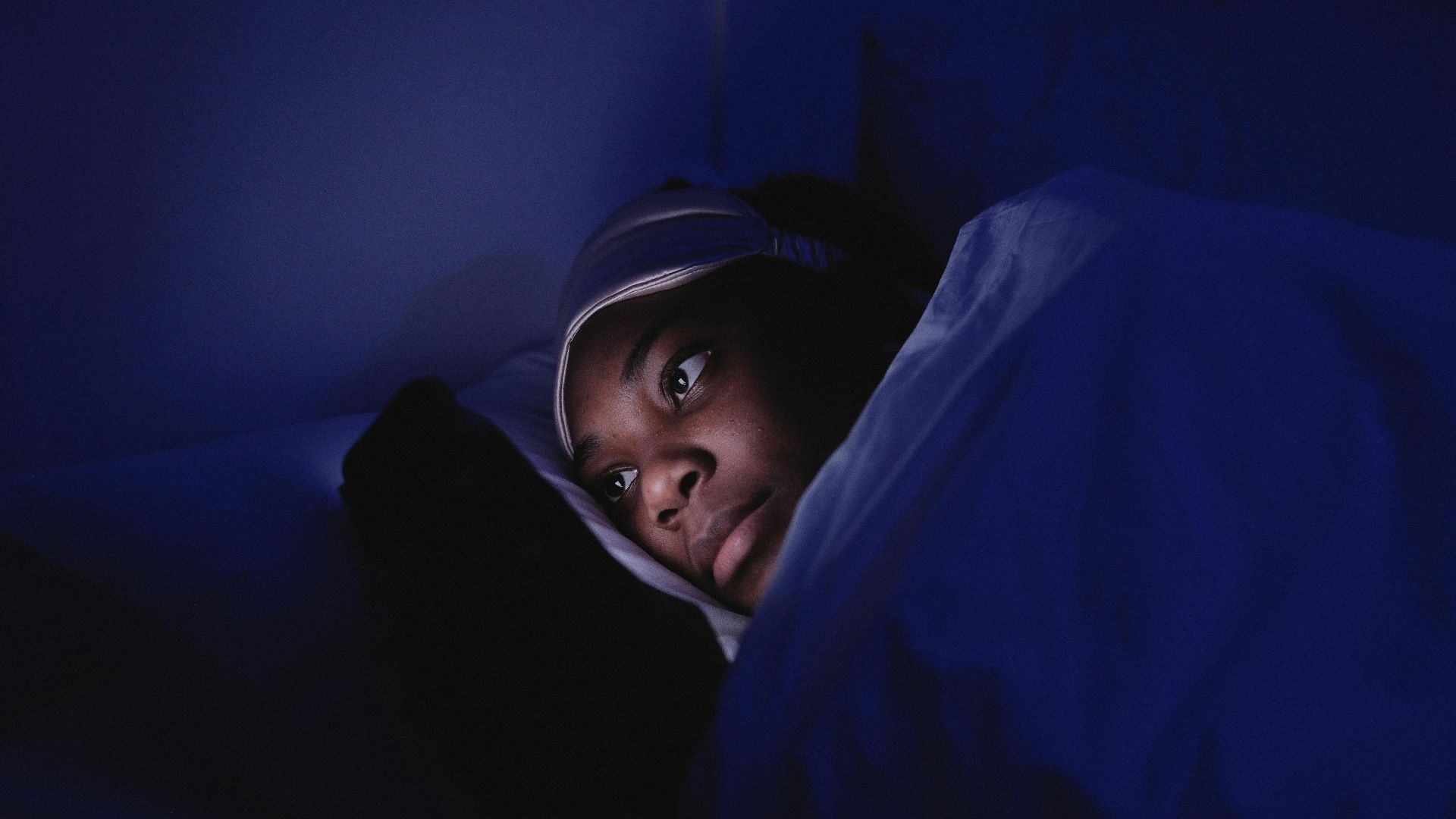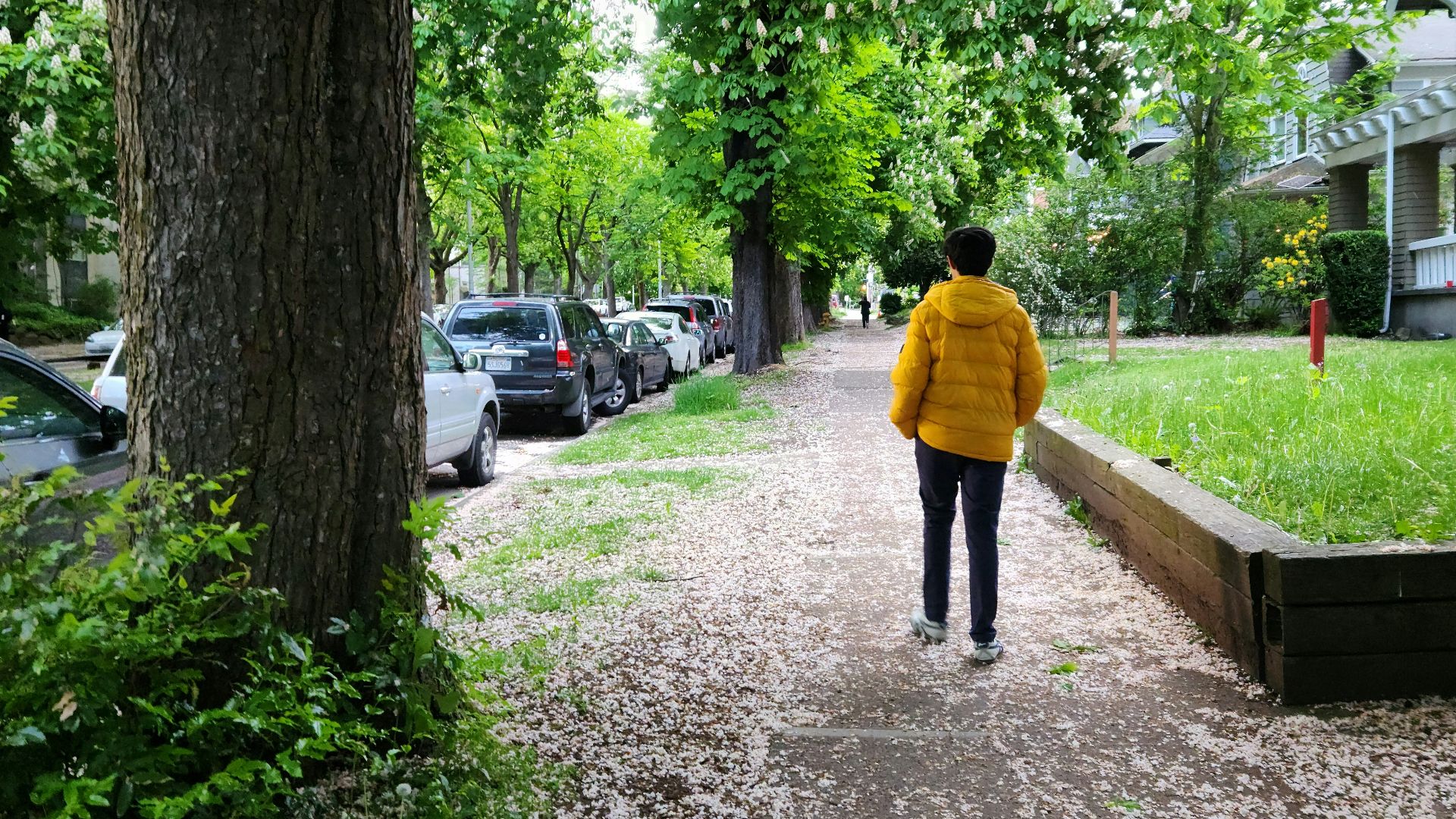When Rest Becomes Necessary
Modern life glorifies busyness and treats rest as optional downtime for the weak. But your body doesn’t recognize productivity culture—it has biological needs that demand attention regardless of your schedule. If those needs are ignored, physical and mental consequences eventually force you to slow down. Early recognition and a timely response help prevent the crashes that derail everything. Let’s first explore 10 signs your body needs more rest.
1. Constant Yawning Throughout The Day
Yawning over and over isn’t just a habit—it’s a strong clue your body is begging for more rest. It’s often tied to fatigue or sleep deprivation, though it can also be linked to conditions like sleep apnea. Funny enough, even reading about yawning can set you off.
 Photo By: Kaboompics.com on Pexels
Photo By: Kaboompics.com on Pexels
2. Difficulty Concentrating On Simple Tasks
Your brain struggles to focus on basic activities when exhaustion takes over, and it has nothing to do with laziness. Fatigue shrinks your attention span and makes even straightforward chores feel overwhelming. Tasks that normally take minutes suddenly require massive effort just to start, let alone finish completely.
3. Unexplained Irritability Or Mood Swings
Snapping over little things? Your body may be running on empty. Tiredness pushes emotions to the surface, which makes you more reactive to stress or annoyances. Without proper rest, mood shifts can even start to resemble the symptoms of anxiety or depression.
4. Increased Sugar And Caffeine Cravings
If sweets and coffee suddenly feel irresistible, your sleep might be the culprit. Tiredness disrupts hunger hormones, leading to stronger cravings for quick energy. Snacks provide a temporary boost, while caffeine masks fatigue for a bit. Neither, however, makes up for missing rest.
5. Slower Reaction Times And Clumsiness
Exhaustion throws off your coordination and makes you clumsy in ways that feel frustrating and embarrassing. Your reflexes slow down, so you misjudge distances or fail to catch things that would normally be automatic. Poor sleep turns simple movements into opportunities for accidents you'd easily avoid when well-rested.
6. Trouble Remembering Recent Information
A restless night can make even a simple recall difficult. Misplacing items or forgetting recent details stems from disrupted memory storage. Sleep allows information to settle, so without enough of it, focus wavers and forgetfulness becomes a frequent companion through daily tasks.
7. Dark Circles Or Puffy Eyes Persisting
That tired look in the mirror isn’t always about genetics. Lack of rest can dilate blood vessels under the eyes, creating dark circles, while fluid retention leads to puffiness. For many, even one rough night leaves eyes looking heavy and drained.
8. Feeling Sleepy Even After Sleeping In
Sometimes extra hours in bed don’t solve the problem. If you wake up groggy despite oversleeping, sleep quality is likely the issue. Conditions like sleep apnea block the restorative stages of rest and make you feel as if you barely slept at all.
9. Getting Sick More Often Than Usual
Catching every cold at the office might mean your immune system is worn down. Rest gives your body the resources it needs to ward off infections effectively. Chronic fatigue strips away those defenses and makes you an easy target for whatever virus is circulating at the moment.
10. Dull Skin And Breakouts Without Clear Cause
Skin often shows the truth about rest. Without proper sleep, it loses its glow and may break out unexpectedly. Nighttime hours are essential for repair and renewal, so when those are cut short, blemishes and dryness tend to appear.
Since we’ve seen how rest deprivation shows up, let’s turn to the practical fixes that restore balance.
1. Set A Consistent Sleep Schedule
Your body thrives on rhythm, and a steady sleep routine creates exactly that. By going to bed and waking up at the same time daily, your internal clock stays balanced. Even weekends benefit from consistency as it keeps “social jet lag” away and makes mornings far easier.
2. Use Sleep-Tracking Tools To Identify Patterns
Tracking devices can reveal details you might overlook. By monitoring sleep duration or heart rate, these tools highlight patterns that influence rest quality. Reviewing the data sometimes shows surprising links, such as how evening snacks or late caffeine shifts your sleep cycle.
3. Limit Screen Time Before Bed
Exposure to blue light from devices tricks your brain into thinking it’s still daytime, which can push back the production of melatonin. An hour without screens before bed lets your body prepare for sleep naturally. Simple changes like enabling "do not disturb" mode make this adjustment easier to maintain consistently.
4. Avoid Heavy Meals Or Stimulants Before Bed
Late dinners often weigh on your sleep cycle. Finishing meals a few hours before bedtime gives digestion a head start. Caffeine and nicotine are best kept earlier in the day, while spicy food or alcohol can surprise you later by sparking restless nights or unusually vivid dreams.
5. Practice Relaxation Techniques
Your body needs a signal that work time has ended and rest time has begun. Simple breathing exercises or quiet reading create that transition more effectively than scrolling through your phone. Different techniques work for different people, so experimenting with a few options helps you discover what actually calms your mind.
6. Engage In Gentle Evening Stretching Or Yoga
Relaxing muscles before sleep sets a calming tone for the night. Simple poses, such as “legs up the wall,” release tension while signaling rest ahead. These routines don’t need to be long—just five minutes of stretching can ease the transition from daytime energy to nighttime calm.
7. Hydrate Properly Without Overdoing It At Night
Water intake matters for sleep quality, but chugging glasses right before bed guarantees bathroom trips that disrupt sleep. Steady hydration from morning until evening works better than trying to catch up late. Chamomile tea offers a calming alternative, and a small glass of water on your nightstand handles any thirst without overloading your bladder.
8. Listen To Soothing Music Or White Noise
Background sounds cover up noisy neighbors, traffic, or someone still moving around the house late at night. Rainfall recordings or ocean waves help your brain ignore sudden disruptions that would normally jolt you awake. Some people swear by green noise like rustling leaves, while others find gentle instrumental music works better for staying asleep through the night.
9. Prioritize Daily Breaks To Prevent Burnout
Short pauses throughout the day support better sleep later. Even a five-minute walk or a few slow breaths can recharge focus and lower stress. Techniques like Pomodoro, with structured work and break cycles, keep energy levels balanced and make nighttime rest feel deeper and more restorative.
10. Take Short Power Naps During The Day
A brief 10–20 minute nap can refresh your energy without affecting nighttime sleep. These mini breaks restore focus and alertness when your body starts dragging. Cats perfected this approach and gave rise to the term “cat nap,” a short rest that still feels luxurious.
KEEP ON READING

20 "Glucose Spike" Fears People Don’t Understand

10 Reasons BMI Matters & 10 Reasons It Doesn’t

20 Core Exercises That Don't Strain Your Neck







